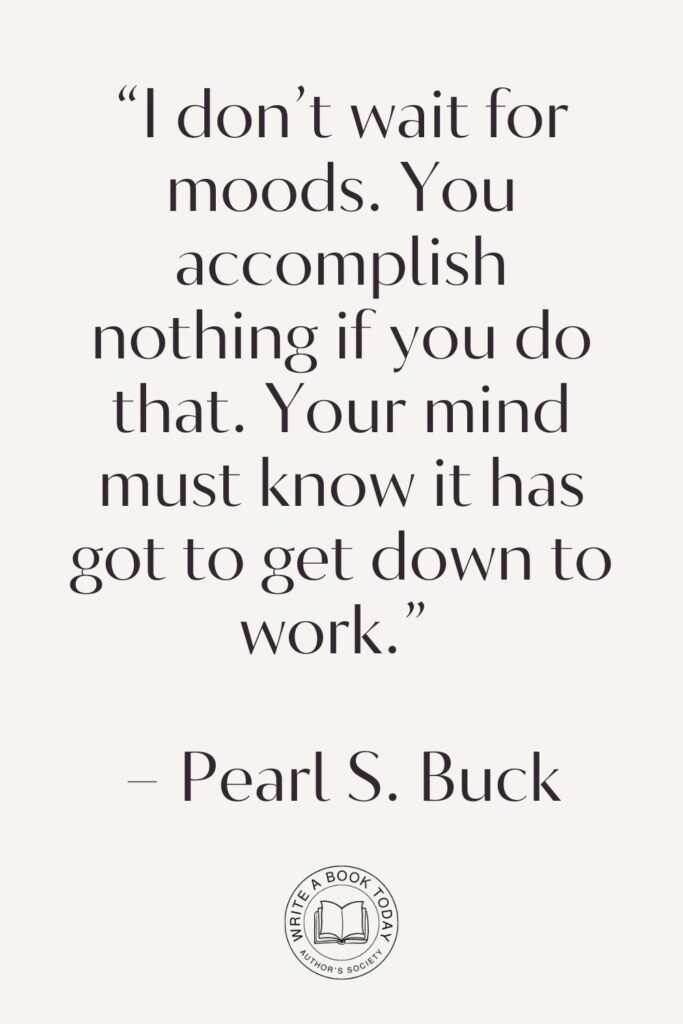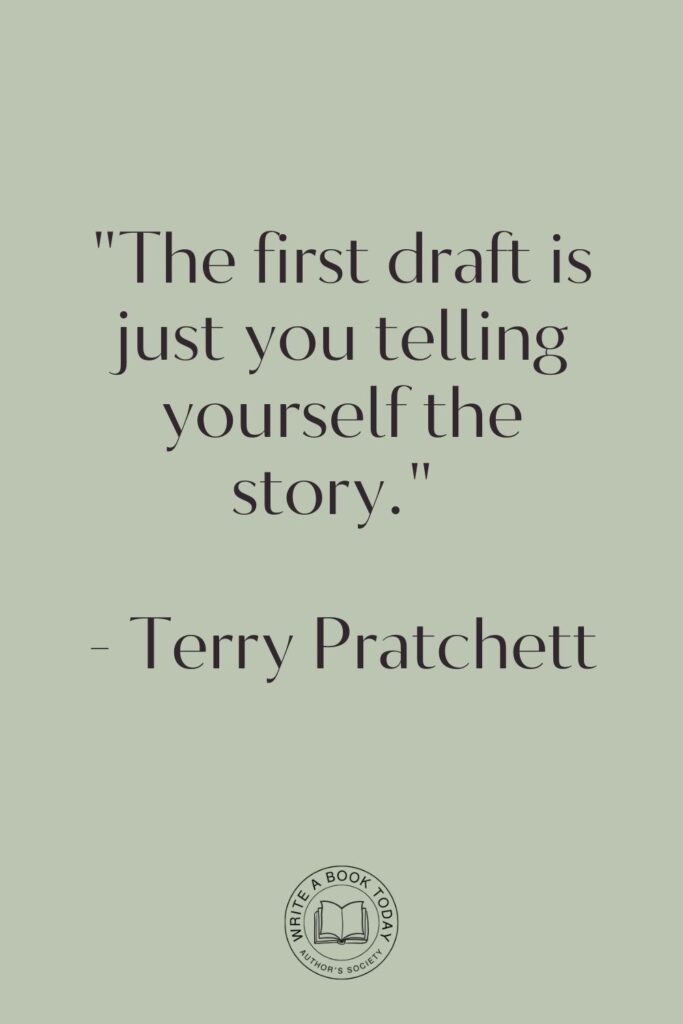Have you ever wondered what makes a fictional world truly come alive? Often, the intricate details mirror our own reality, and nothing grounds a world more than a realistic economy.
Whether crafting a sprawling fantasy realm or a futuristic sci-fi universe, understanding and implementing economic principles can add depth and believability to your creation.
This guide will walk you through the essential steps of building an authentic and engaging economic system, drawing on real-world economic concepts and creative storytelling techniques. Prepare to embark on a journey that will transform your world-building efforts into a masterpiece of immersive storytelling.
Understanding the Foundation of a Realistic Economy
Creating a realistic economy in your fictional world begins with understanding its fundamental components. Like in our world, economies in fictional settings are shaped by resources, geography, and cultural values.
These elements provide the backdrop against which your economic story unfolds, influencing everything from trade dynamics to social hierarchies.
Google Docs is for notes. Scrivener is for novels. Upgrade your writing game and try it for free today!

What is a Realistic Economy?
A realistic economy mirrors the complexities and nuances of real-world economic systems. It involves producing, distributing, and consuming goods and services, influenced by supply and demand, scarcity, and opportunity costs.
By weaving these elements into your world, you create a dynamic environment where characters interact with and are affected by economic forces. This adds depth to your narrative and opens up opportunities for conflict and resolution within your story.
Consider the role of currency in your economy. Is it a barter system, or do coins and paper money hold sway? The type of currency can significantly impact trade and societal structures.
Key Economic Principles to Consider
To build a believable economy, familiarize yourself with basic economic principles such as inflation, deflation, and market structures like monopoly and perfect competition.
These concepts help establish the foundation for your fictional economy and guide the interactions between different economic actors. Understanding these principles allows you to create scenarios where economic forces drive the plot, adding realism and complexity to your story.
Consider incorporating economic sectors—primary (agriculture, mining), secondary (manufacturing), and tertiary (services)—to diversify your world. Each sector can reflect the unique cultural and geographical attributes of your setting, providing a rich tapestry of economic activity that fuels your narrative.
The Role of Resources and Geography
Resources and geography play a pivotal role in shaping a realistic economy. The availability of natural resources such as minerals, water, and fertile land determines what industries can thrive in your world.
Geographical features like mountains, rivers, and coastlines influence trade routes and regional economic interactions. By considering these elements, you can create a vibrant and interconnected economic landscape that mirrors the diversity and complexity of our own world.
Map out your world’s geography and identify key resources. This will help you determine what goods are produced locally and what needs to be imported, adding realism to your economy.

Designing Your Economic System
Once you’ve laid the groundwork for your economy, it’s time to design the system that will govern it. This involves choosing an economic model, defining currency, and exploring the various sectors and industries that will drive economic activity in your world.
Choosing an Economic Model: Capitalism, Socialism, or Mixed Systems
Deciding on an economic model is crucial for establishing the rules and dynamics of your world. Will it be a capitalist society driven by market forces, a socialist system where the state plays a significant role, or a mixed economy that combines elements of both?
Each model has unique implications for your world, affecting everything from wealth distribution to political power. Consider how your chosen model aligns with your world’s cultural values and historical context.
Reflect on the political structures in your world. How do they influence economic policies and decisions? The interplay between politics and economics can add depth to your narrative.
Defining Currency and Monetary Systems
Currency is a cornerstone of any realistic economy. Whether it’s gold coins, digital credits, or something entirely fantastical, your choice of currency will shape trade and commerce in your world.
Consider how money is created, who controls it, and how it circulates within your society. This will affect everything from daily transactions to international trade agreements.
Feeling lost with your debut novel?
Fiverr Pro connects you with expert editors, designers, and marketers – everything you need to get your book ready for success!

Exploring Economic Sectors and Industries
Identify the key economic sectors and industries in your world. The primary sector might focus on agriculture and mining, while the secondary sector includes manufacturing and construction.
The tertiary sector encompasses services, retail, and finance. By outlining these sectors, you can create a diverse and vibrant economy that reflects the unique characteristics of your world.
Here is a table summarizing potential economic sectors:
| Sector | Examples |
|---|---|
| Primary | Agriculture, Mining, Fishing |
| Secondary | Manufacturing, Construction |
| Tertiary | Services, Retail, Finance |
Trade and Commerce in Your World
Trade and commerce are the lifeblood of any economy, facilitating the exchange of goods and services between regions and cultures. Exploring trade dynamics can add complexity and intrigue to your world.
Domestic and International Trade Dynamics
Trade dynamics can significantly impact your world’s economy. Consider how goods are exchanged both domestically and internationally.
What trade policies and agreements exist? How do tariffs and taxes influence trade? By delving into these aspects, you can create a realistic and interconnected economic landscape that reflects the complexities of global commerce.

Establishing Trade Routes and Infrastructure
Trade routes and infrastructure are essential for the movement of goods and people. Consider the role of roads, ports, and communication networks in facilitating trade.
How do geographical barriers and technological advancements influence these routes? By mapping out trade routes, you can create a dynamic, interconnected world where commerce thrives.
Think about the challenges and opportunities presented by trade routes. How do natural disasters or political conflicts impact trade? These elements can add tension and drama to your narrative.
Labor and Employment Dynamics
The labor market and employment opportunities are crucial components of any realistic economy. By analyzing these dynamics, you can create a world where characters navigate the complexities of work and career.
Analyzing the Labor Market and Employment Opportunities
The labor market is shaped by supply and demand for workers, influenced by factors such as education, skills, and technology. Consider how employment opportunities vary across different regions and industries.
What roles do unions and worker rights play? By exploring these dynamics, you can create a world where characters engage with the economic forces that shape their lives.
The Role of Education and Skill Development
Education and skill development are key drivers of economic growth and innovation. Consider how access to education varies across your world and how it impacts employment opportunities.
What role do apprenticeships and vocational training play? By examining these elements, you can create a society where knowledge and skills are highly valued and sought after.

The Government’s Influence on the Economy
Governments play a significant role in shaping economic policies and regulations. Exploring the government’s influence can create a world where political decisions have far-reaching economic consequences.
Fiscal Policy: Taxation and Government Spending
Fiscal policy involves government decisions on taxation and spending, impacting everything from public services to economic growth. Consider how taxes are levied and what they fund.
How does government spending influence different sectors? By examining fiscal policy, you can create a world where political decisions drive economic outcomes.
Regulation and Social Welfare Systems
Regulation and social welfare systems are essential for maintaining economic stability and addressing inequality. Consider how regulations impact businesses and industries.
What social safety nets exist to support vulnerable populations? By exploring these elements, you can create a world where government actions shape the economic landscape.
Consider the balance between regulation and free markets. How do government interventions impact innovation and entrepreneurship? This tension can drive conflict and character development in your story.
No marketing platform? No social following? No problem!
Publisher Rocket helps you market your debut novel like a pro.
It’s a gamechanger for debut authors – try it today!


Adapting to Change: Economic Evolution Over Time
Economies are dynamic systems that evolve over time, influenced by historical events and technological advancements. By exploring economic evolution, you can create a world that feels alive and responsive to change.
Historical Events and Their Impact on Economic Development
Historical events, such as wars, revolutions, and natural disasters, can profoundly affect economic development. Consider how these events have shaped your world’s economy over time.
What legacies do they leave behind? By examining historical influences, you can create a rich and layered economic history that adds depth to your narrative.
Technological Advancements and Economic Shifts
Technological advancements drive economic growth and transform industries. Consider how transportation, communication, and production innovations impact your world’s economy.
How do these shifts create new opportunities and challenges? By exploring technological change, you can create a world where progress and innovation are central themes.

Crafting Economic Conflicts for Storytelling
Economic conflicts can drive compelling narratives, providing tension, drama, and resolution opportunities. By crafting economic conflicts, you can create a world where characters navigate the challenges and opportunities of a dynamic economy.
Conflict Arising from Scarcity and Resource Distribution
Scarcity and resource distribution are fertile ground for conflict. Consider how limited resources create competition and tension between characters and regions.
How do these conflicts drive the plot and character development? Exploring scarcity can create a world where economic forces shape the narrative.
Resolution Strategies: Treaties, Innovations, and Revolutions
Conflicts often lead to resolutions that shape the future of your world. Consider how treaties, innovations, and revolutions resolve economic tensions.
What compromises are made, and what new opportunities arise? Crafting resolution strategies allows you to create a world where characters find creative solutions to complex economic challenges.







